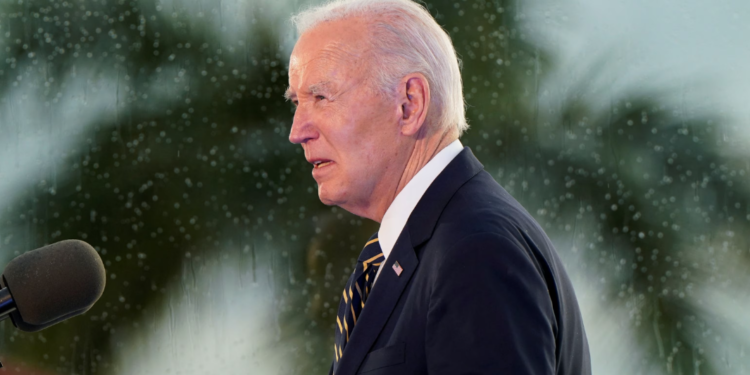Dec 4, 2024 Story by: Editor
President Joe Biden, on a historic visit to Angola, emphasized the deep connection between the past and the future by addressing the legacy of slavery and Africa’s pivotal role in global development. Touring the National Slavery Museum in Luanda on Tuesday, he reflected on the atrocities of the transatlantic slave trade, referring to it as “our nation’s original sin.” The museum, housed in a 17th-century temple where enslaved individuals were forcibly baptized and renamed before being shipped to America, serves as a somber reminder of Angola’s role as a departure point for six million enslaved Africans.
Acknowledging the continent’s growing importance, Biden stated, “By 2050, Africans will make up one in four people, and the world’s fate rests in their hands.” His visit, the first by a U.S. president to Angola, aims to fortify U.S.-Africa relations while countering China’s significant presence in the region.
Promoting U.S. Investment in Africa
Biden unveiled a $3 billion U.S. commitment to redevelop the Lobito Corridor railway, which connects Angola, Zambia, and Congo. The 800-mile infrastructure project, also backed by the EU, G7, and private African banks, aims to ease the export of critical minerals essential for technologies like electric vehicles. This move echoes China’s Belt and Road initiative, which has heavily influenced Africa’s development. Notably, China recently restricted exports of key materials to the U.S. in response to American trade sanctions.
Speaking alongside Angolan President João Lourenço, Biden remarked, “The United States is all in on Africa,” and stressed the importance of collaboration. Lourenço described the visit as a “turning point” for bilateral ties, highlighting the economic potential of the Lobito Corridor to create jobs and enhance energy production.
Mixed Reactions and Political Dynamics
Despite the promising announcements, skepticism lingers regarding the continuity of these commitments, given the impending transition to a Trump administration in January. White House spokesperson John Kirby assured that the project’s importance transcends partisan politics, emphasizing that it’s not about forcing countries to choose between the U.S. and China.
Locals offered mixed reactions, with 19-year-old Ladislau Ngola expressing optimism about job creation, while others noted the subdued atmosphere in Luanda compared to Biden’s arrival on Monday. Authorities had discouraged public gatherings, leading to quiet streets despite heavy military presence.
A Broader Context
Biden’s delayed visit follows his 2022 pledge to strengthen ties with sub-Saharan Africa. His remarks in Angola underlined the importance of preserving history while envisioning a prosperous future. “I know the future runs through Angola, through Africa,” he said, reiterating America’s commitment to shared ideals of freedom and equality.
This visit also underscores Angola’s potential as a critical partner in global economic and political frameworks, reinforcing its strategic role in shaping the future of energy, technology, and governance. Source: AP News

















